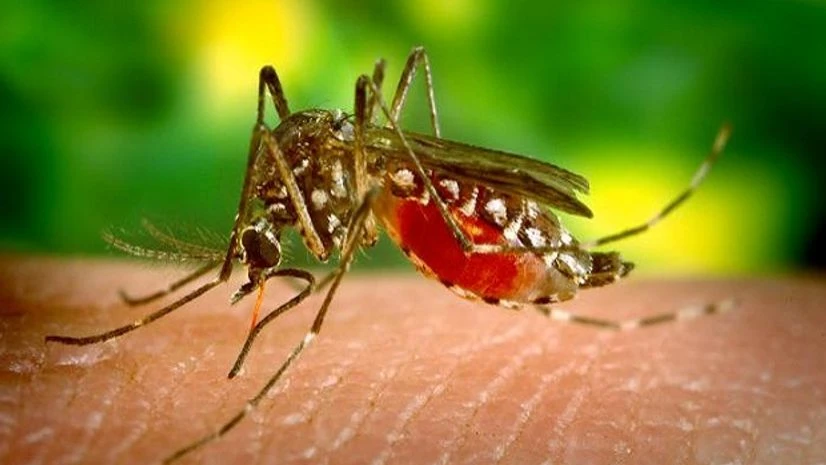Of all disease-transmitting insects, the mosquito probably has caused the most human suffering, more than any other organism, spreading malaria, dengue and yellow fever, which together have been responsible for several million deaths and hundreds of millions of cases every year, says the World Health Organization.
India is no stranger to mosquito-related diseases. In the national capital itself, dengue fever is an annual affair, causing a public scare and much heartburn for the government.
India is no stranger to mosquito-related diseases. In the national capital itself, dengue fever is an annual affair, causing a public scare and much heartburn for the government.
Neither awareness campaigns nor various commercial products have been able to control the deadly insect from causing the damage that kills scores of citizens every year.
But there may finally be some good news at hand. An Indian Express report today says an Indian company is working on an experiment in a Maharashtra village using a genetically modified (GM) version of the male mosquito to control its population and even wipe out the dengue-causing version of the insect.
The Indian Express report says Gangabishan Bhikulal Investment and Trading Ltd (GBIT) is a testing a technology that is aimed at controlling populations of Aedes aegypti, the mosquito species that is responsible for transmitting dengue, chikungunya and yellow fever.
The technology uses GM male Aedes aegypti, originally developed by Professor Luke Alphey of the Department of Zoology at Oxford, who started a commercial company, Oxitec, to market his creation. GBIT has entered into a partnership with Oxitec to use this RIDL (release of insects carrying a dominant lethal gene) technology, said the report.
The technology is species-specific – the Oxitec male mosquitoes are released to mate with the pest females, but their offspring die because of a self-limiting gene before they can reproduce and before they can become transmitters of disease. The mosquitoes also carry a colour marker for monitoring, and the insects and their genes do not persist in the environment.
More From This Section
If the GM male mosquitoes are released in sufficient numbers, the mosquito population in a given area can come down drastically within a very short time. The average life span of the Aedes aegypti is only about 15 days. The technology has been huge hit in Brazil, and authorised for commercial use. Countries including the United States and Panama too are carrying out testing.
GBIT has been asked by the government to run an awareness campaign in nearby human habitats about the experiment, and address the concerns of residents. The controlled mating exercise will have to be repeated over several months and over several generations of mosquitoes to enable GBIT researchers to draw statistically relevant conclusions, the Indian Express report adds.

)
